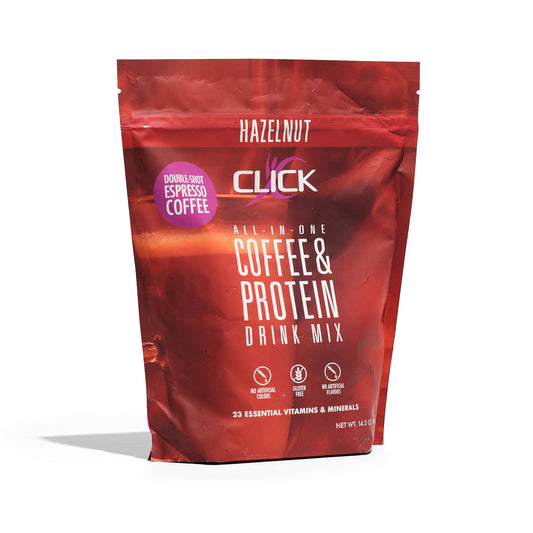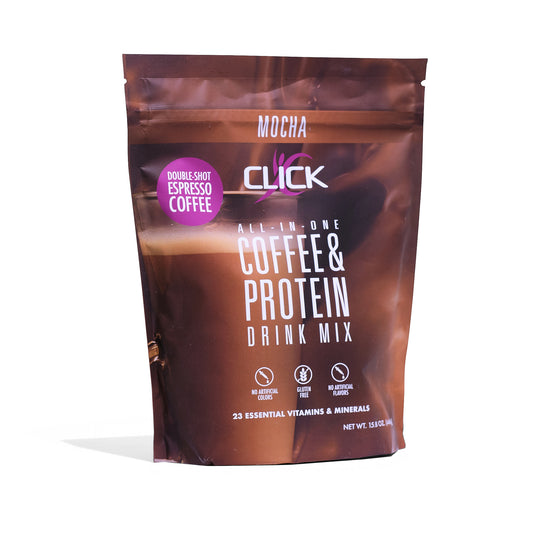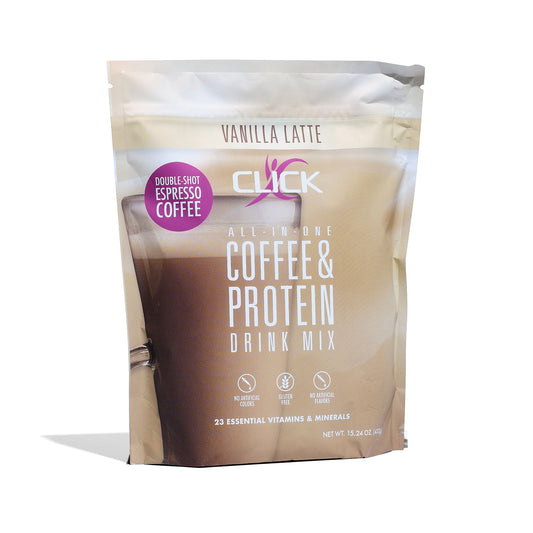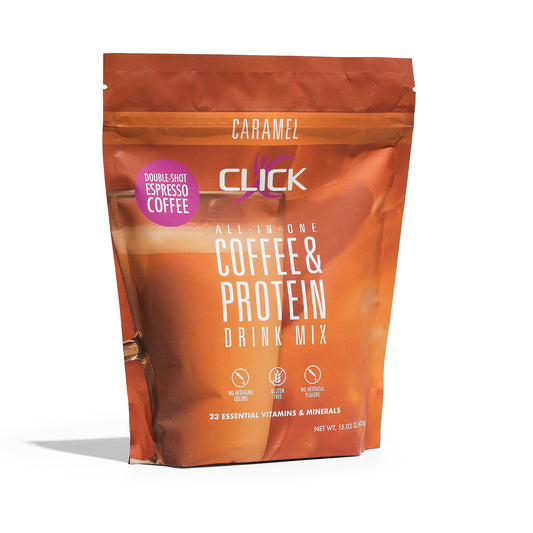Meal Replacement Shakes vs Protein Shakes: What's the Difference?
Share
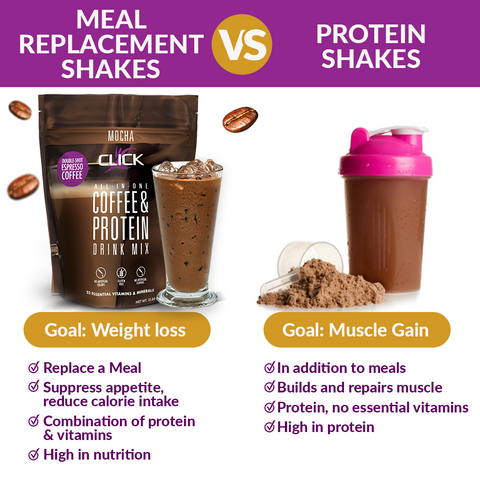
Be careful not to just grab any protein drink. It's crucial to recognize the difference between meal replacements and protein shakes. Selecting the wrong option can hinder your progress, resulting in a weight-loss plateau, nutrient deficiencies, and ultimately hindering your goals.
Many people mistakenly think that protein shakes and meal replacement drinks are interchangeable. While they do have some similarities, their functions are quite different. By understanding these distinctions, you can select the right protein drink that supports your objectives and enhances your results.
So, what sets a meal replacement apart from a protein shake for weight loss? Let’s explore their differences and how to choose the one that suits you best:
When Should You Chose a Meal Replacement Shake?
Meal replacement shakes have been around for decades. As their name suggests, they are designed to replace a meal and make weight-loss easier and support those trying to slim down or maintain their weight. These products are ideal for people with a busy lifestyle as well as for business professionals, gym goers, and health-conscious individuals.
A typical meal replacement shake boasts 90 to 200 calories per serving and provides vital nutrients that support optimum health. Basically, it’s a meal in a drink. Depending on the ingredients used, it may contain more or less protein, carbs, vitamins, minerals, and antioxidants. Protein suppresses appetite, keeping you full longer. It also increases your metabolism and prevents muscle loss, especially when you’re on a diet.
In general, meal replacement shakes are low is sugar, carbs and fat. Check the label for vitamins and minerals. A quality product should provide the same nutrients that you’d normally get from real food, such as zinc, calcium, magnesium, iron, potassium, vitamin A, vitamin C, and B-complex vitamins.
To reduce your calorie intake, replace one or more meals with these beverages. Some dieters swap their breakfast or go-to snacks with meal replacement shakes. These nutritious, healthy drinks can save you time and money. Why spend hours cooking or time sitting in line at a fast-food restaurant when you can drink your meal?
With meal replacement shakes, you’ll find it easier to track your daily macros and calories and stick to your diet. More convenient, you can take them in your car, at work, school, the gym, or on the go. For instance, if you’re driving long hours or traveling abroad, pack a few drink mixes in your luggage. This way, you won’t have to spend a fortune at restaurants or buy food from vending machines.
When Should You Chose a Protein Shake?
Unlike meal replacement drinks, protein shakes are not designed for weight loss, but for lean muscle gain. These products support athletes, outdoor adventurers and regular gym goers and those with high protein requirements. Your muscles rely on protein to grow and recover from training. Every cell in your body requires this nutrient to function at its peak. A low protein intake may lead to muscle loss, fragile bones, slow recovery, and sluggish metabolism.
Protein shakes are not meant to replace a meal. Their role is to supplement your diet and make it easier to meet your daily protein requirements when you’re active. Ideally, these beverages should be consumed before and/or after exercise. Whey protein shakes are best for fuel lean muscle tissue growth. Casein, which is a slow digesting protein, helps to optimize the release of amino acids . Combining the two, whey provides a quick burst of protein synthesis while casein helps your whey protein to become more useful to your muscles by slowing down its digestion and absorption. This makes an ideal protein supplement to sustain long periods of an anabolic environment for muscle growth.
Protein shakes can be used for fat loss too, but this isn’t their primary purpose. Meal replacement drinks, on the other hand, are ideal for those striving to shed some pounds. The primary difference between these two types of beverages is their nutritional value. In comparison to protein shakes, meal replacement drinks are packed with more nutrients
Now that you know the difference between the two, you can use the right protein drink to support your goals and achieve greater success!
CLICK® has been the preferred coffee protein meal replacement for over a decade, assisting thousands of people in reaching their weight loss targets. With CLICK, coffee can now be a meal! What’s more, CLICK tastes divine and offers all the benefits of a meal with 16 grams of protein per serving. It's delicious, low in calories, sugar, and fat, and delivers essential vitamins and minerals alongside a caffeine boost to enhance your energy levels. Due to its high protein content, it can stave off hunger and sugar cravings, making you feel full faster.
Experience the delectable magic of CLICK for yourself by getting one of our Sampler Pack! One cup at a time, this original coffeehouse-style drink mix can deliver life-changing weight loss results.
Try all 4 flagship CLICK® flavors with our Sampler Pack, learn more here

